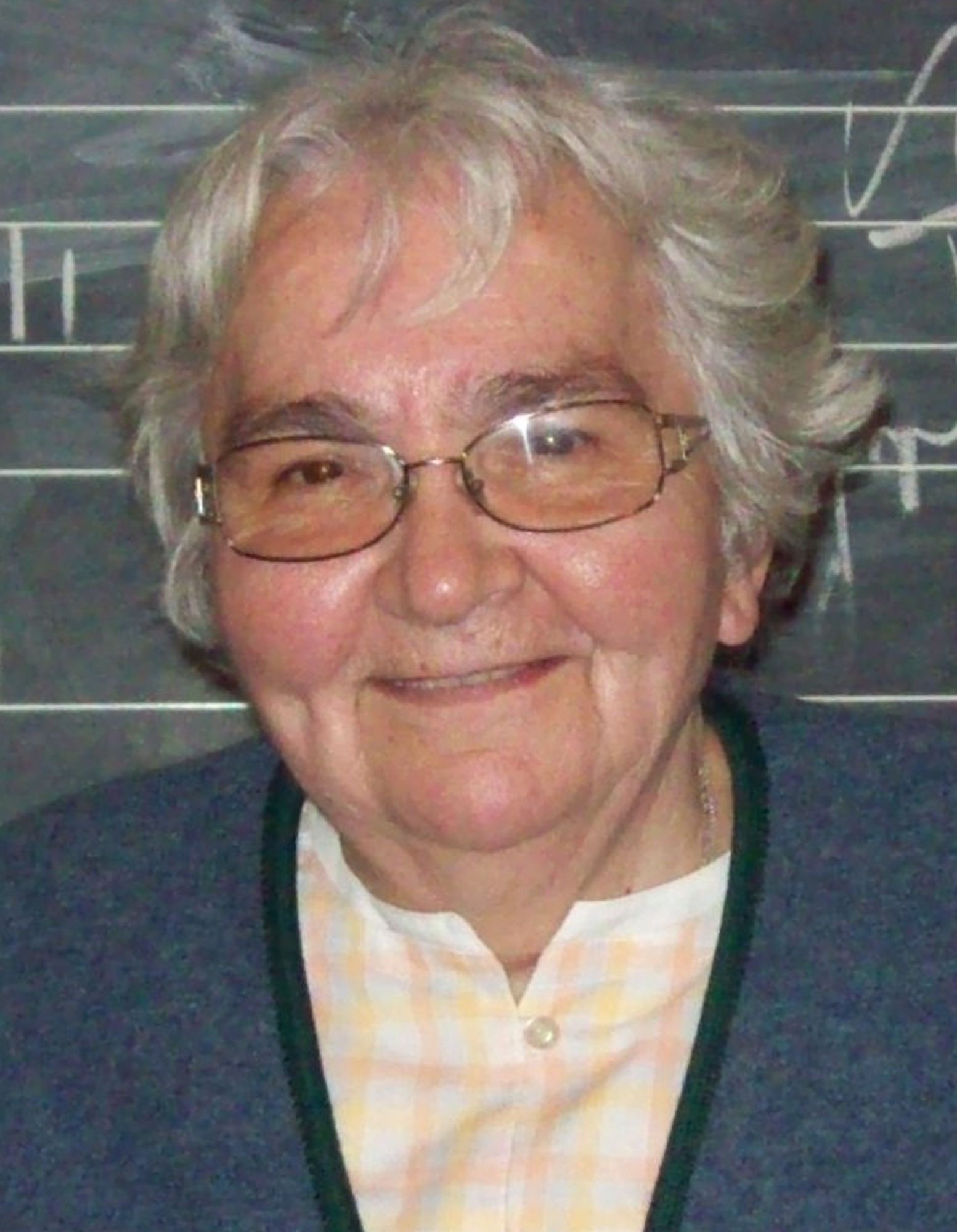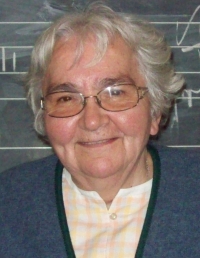The war was over in 1945 and the world was knocked upside down At least for me

Stáhnout obrázek
She was born on October 6th, 1929 in Podgórze (Germ.; Dittersbach, district of Wałbrzych). Her father was a miner. Maternal grandfather died quite early so her mother - Werne Anna Bertha (nee Wagner, born in 1983 in Seitendorf, Poniatow today, district of Wałbrzych), had to take up a job on the railroad. She got married on October 25th, 1918 to Carl Jules Werne (born in 1888 in Weissstein, Biały Kamień today, district of Wałbrzych), and after that she was employed in a porcelain factory. Carl Werne served in the German army during the World War I, but he did not take part in the battles personally (he stationed in Vilnius). Snuff Ingetraut was a sixth-born child. Her eldest brother - Heinrich, was born in 1919. Two of her brothers died shortly after birth. The World War II was a traumatic experience for her siblings. One of her brothers - Walter, died in the Battle of Stalingrad. Heinrich, who was a sapper in a military unit stationed in Swidnica, had his hand amputated and became disable. Another brother was captured in Stalingrad cauldron by Soviet. He returned to western Germany in 1949.Ingetraut Snuff attended a German school in Wałbrzych between 1938-1945. After the war she worked briefly in spinning factory. She met her husband in 1946. He was a policeman in Wałbrzych. His job and nationality stood on the way of their marriage. Finally they got married in 1953. Ingetraut Snuff twice hardly avoided deportation to Germany. She moved to Wroclaw in 1947, but she did not like the city. Her parents were deported from Walbrzych to East Germany in the same year. Together with the family Ingetraut Snuff moved to Żelazowa Wola not far from Strzegom where her husband worked as a driver. Then they moved to Ksiaż near Wałbrzych. They moved again in 1958 and lived in State Agricultural Farm in Czarny Bór near Kamienna Góra. Since 1958 she worked as a weaver in Kamienna Góra. She gave birth to her three children. Her husband died in 1987 at 61. From the late 70s until today she is involved in the German Society for Social and Cultural Wałbrzych activity.
